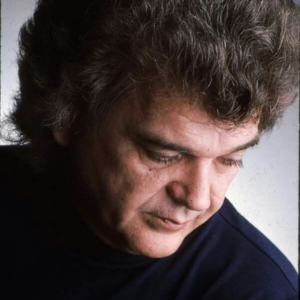
Conway Twitty: A Son’s Lament in “Games That Daddies Play”
Conway Twitty’s poignant ballad, “Games That Daddies Play,” delves into the complexities of a father-son relationship, exploring themes of disappointment, longing, and the enduring bonds of family. Released in 1970, the song quickly became a hit, solidifying Twitty’s position as one of country music’s most beloved vocalists.
Background
The song’s narrative unfolds through the eyes of a young man reflecting on his childhood experiences with his father. The lyrics paint a picture of a distant, emotionally unavailable father, whose actions have left a lasting wound on his son’s heart. Twitty’s vocal delivery is both tender and powerful, conveying the character’s longing for a deeper connection with his father.
The song’s musical arrangement is equally evocative, with a melancholic melody that underscores the lyrics’ somber tone. The instrumentation is sparse, allowing Twitty’s voice to take center stage and convey the emotional depth of the narrative. The use of a pedal steel guitar adds a touch of melancholy to the arrangement, further enhancing the song’s emotional impact.
Beyond its personal resonance, “Games That Daddies Play” also speaks to the universal themes of family, loss, and the enduring bonds of love. Twitty’s ability to tap into the emotional core of this timeless subject matter has ensured the song’s enduring popularity.
In the grand tapestry of Conway Twitty’s discography, “Games That Daddies Play” stands as a testament to his artistry and his ability to connect with audiences on a profound level. It is a song that continues to resonate with listeners, serving as a reminder of the enduring power of human emotion and the timeless appeal of great music.